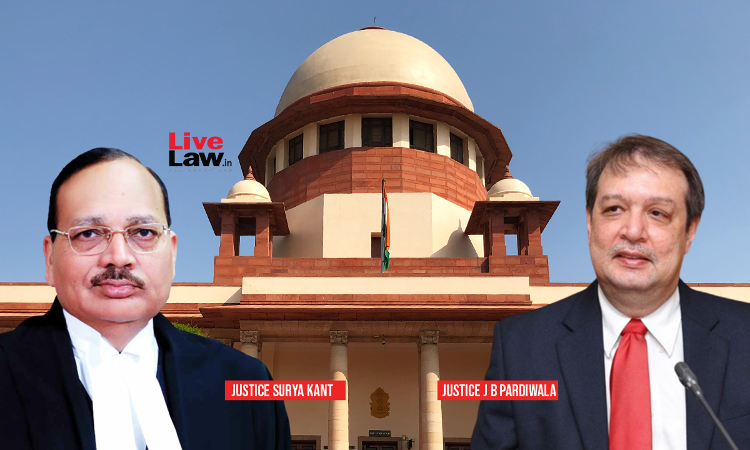"Ring Of Truth" : Supreme Court Lays Down Principles For Appreciation Of Ocular Evidence In Criminal Case
LIVELAW NEWS NETWORK
14 July 2022 6:22 PM IST

Next Story
14 July 2022 6:22 PM IST
The Supreme Court, in a judgment delivered in a criminal appeal, laid down principles for appreciation of ocular evidence in a criminal case.In assessing the value of the evidence of the eyewitnesses, two principal considerations are (1) whether, in the circumstances of the case, it is possible to believe their presence at the scene of occurrence or in such situations as would make it...
